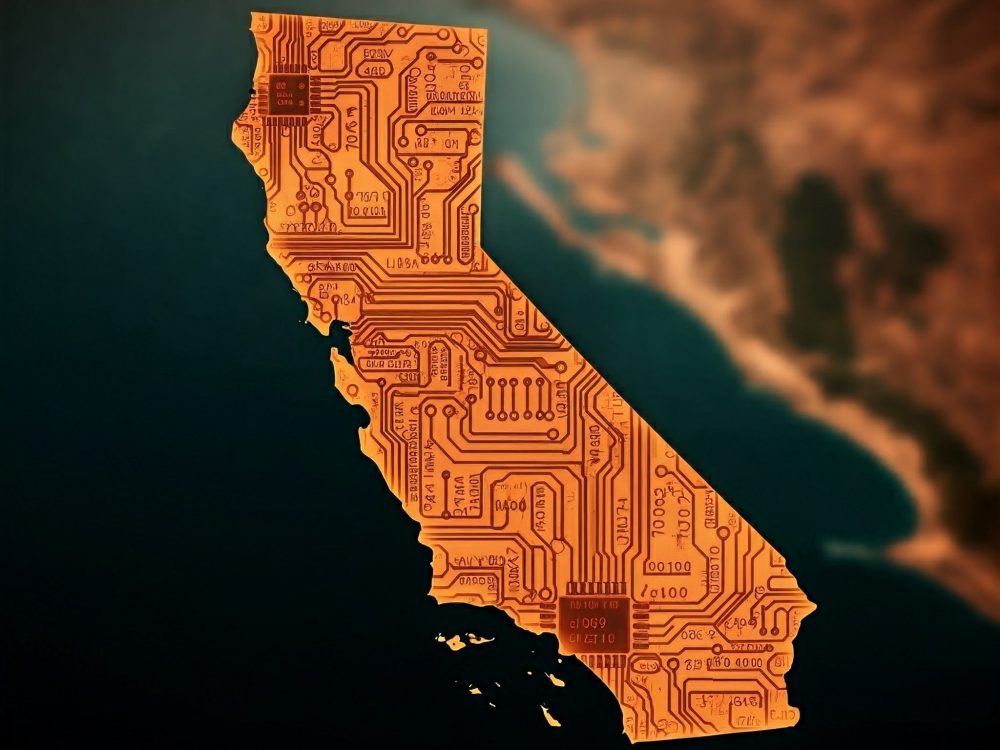The Veto
In a move that sent ripples through the tech world, California Governor Gavin Newsom vetoed a landmark artificial intelligence (AI) safety bill on Sunday, September 29, 2024. This decision has ignited a fiery debate about the future of AI regulation and its potential impact on innovation. [4]
The Bill That Could Have Been
Senate Bill 1047, the contentious piece of legislation at the heart of this controversy, aimed to establish groundbreaking safety measures for large AI models. Had it been signed into law, it would have been the first of its kind in the nation, potentially setting a precedent for AI regulation across the country. [4]
The bill’s provisions included mandating companies to rigorously test their AI models, publicly disclose their safety protocols, and implement measures to prevent misuse of these models for nefarious purposes, such as cyberattacks or the development of chemical weapons. [4]
Newsom’s Concerns
Governor Newsom, while acknowledging the importance of AI regulation, expressed concerns that the bill’s stringent requirements could stifle innovation and have a “chilling effect” on California’s thriving tech industry. [4] He argued that the bill’s broad scope, applying even to basic AI functions, was not the optimal approach to safeguarding the public from potential threats. [4]
Industry Backlash
The veto came as a relief to many in the tech sector, including startups, tech giants, and even some Democratic House members who had vehemently opposed the bill. They contended that the proposed regulations were overly rigid and could deter AI development in California, potentially driving companies away from the state. [4]
The Road Ahead
In lieu of the vetoed bill, Newsom announced a collaborative effort with industry experts to develop “workable guardrails” for powerful AI models. This approach emphasizes an “empirical, science-based trajectory analysis” to guide future AI regulation. [2]
A Missed Opportunity?
Proponents of the bill, including Senator Scott Wiener, its author, and tech luminaries like Elon Musk, expressed disappointment at the veto. They argued that the bill was a crucial step towards ensuring transparency and accountability in the rapidly evolving AI landscape. [4]
The Global Context
The veto also has implications for California’s alignment with international AI regulations, particularly the European Union’s AI Act, considered the most comprehensive AI legislation to date. Some experts believe that California missed an opportunity to harmonize its regulations with global standards. [3]
The Debate Continues
While the veto of Senate Bill 1047 marks a setback for AI safety advocates, it’s clear that the conversation about AI regulation is far from over. As AI continues to advance at breakneck speed, the need for thoughtful and effective regulation becomes increasingly urgent. California, as a global tech hub, will undoubtedly remain at the forefront of this ongoing debate.
The future of AI regulation in California remains uncertain, but one thing is for sure: the world will be watching closely as the state grapples with the challenges and opportunities presented by this transformative technology.
Resources
[2] https://www.cnn.com/2024/09/29/tech/newsom-california-ai-safety-bill/index.html
[3] https://calmatters.org/economy/2024/09/california-artificial-intelligence-bill-veto/
[4] https://nypost.com/2024/09/29/us-news/california-governor-vetoes-contentious-ai-safety-bill/




